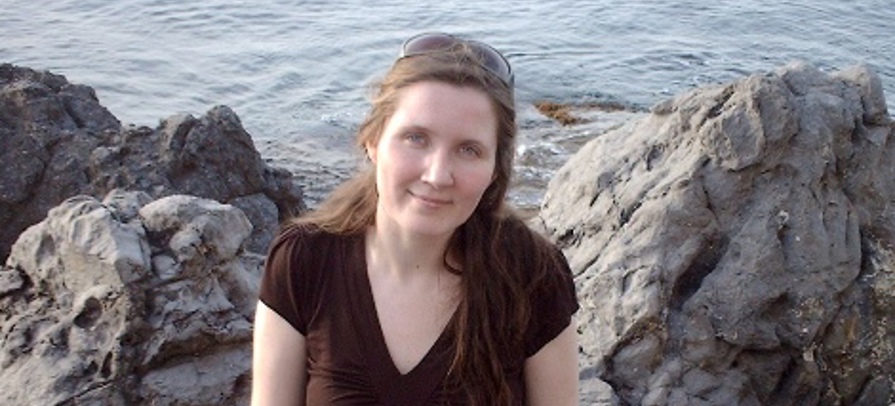Unn Laksá vart ph.d. við University of Liverpool
Týsdagin 26. november vardi Unn Laksá ph.d.ritgerð sína við University of Liverpool. Ritgerðin ber heitið “Media coverage of international climate negotiations: Assessing the ethical dimension of the global debate”.
Dr. Katia Balabanova and Dr. Neil Gavin hava verið høvuðsvegleiðarar í sambandi við ph.d.ritgerðina. Próvdómarar til verjuna vóru Dr Einar Thorsen, University of Bournemouth og Professor Kay Richardson, University of Liverpool.
Í stuttum snýr verkætlanin seg um, hvussu prent- og sjónvarpsmiðlar í Stóra Bretlandi, Danmark og Føroyum hava viðgjørt veðurlagsbroytingar og veðurlagsráðstevnurnar COP15, sum var í Keypmannahavn, og COP16, sum var í Cancun, Mexico.
Les um Unn Laksá í Heilagrunninum
Abstract:
Media Coverage of International Climate Negotiations: Assessing the Ethical Dimension of the Global Debate
This study explores the mediatisation of political challenges involved in addressing climate change, in particular relation to the United Nations framework in place to tackle the issue. Climate change is one of the most urgent issues of our time and extensive international collaboration is required in order to deal with it appropriately. Due to the nature of climate change, this thesis argues that ethical considerations should be at the core of public debates. Addressing climate change will require the implementation of drastic and often expensive measures, which might be particularly challenging to the ‘western’ way of life. The media provides a crucial forum for debating the challenges climate change poses to our societies. This thesis examines how the issue is represented in the television and print media in three European countries: the United Kingdom, Denmark and the Faroe Islands during two global conferences on climate change, COP15 and COP16. This is backed up by examination of the ideal role of the media within liberal democracies and how such a role can be used as a benchmark against which to measure coverage. The thesis applies an ethical lens to the three different national media and their treatment of climate change to explore how the issue is made meaningful to the public. It examines the prominence of different ethical arguments – divided into cosmopolitan and communitarian positions - within public debates on climate change. It develops a comprehensive framework that identifies the key issues in the debate over climate change, and how ethical positions figure within them.
Through the application of this analytical framework, this thesis seeks to shed light on the overall quality of public debate on the main issues around climate change in the respective countries. It also considers the extent to which media coverage in the United Kingdom, Denmark and the Faroe Islands could represent an emerging transnational public sphere on climate change. These questions are addressed through a quantitative and qualitative content analysis of climate change coverage. The approach deployed means that the study is able to examine in a systematic fashion how values underpin the debate on climate change in the respective countries. This thesis also brings a much-needed comparative dimension to the analysis of media coverage of climate change. The findings demonstrate that political ideology plays a stronger role in shaping coverage in the UK context, whilst its role is less significant in Denmark and the Faroe Islands. The analysis also identifies some strong similarities in coverage across the countries, both with respect to the quantity of coverage, the topics and values emphasised. In addition, the thesis concludes that coverage across the three countries could indicate an emerging transnational public sphere on climate change.
